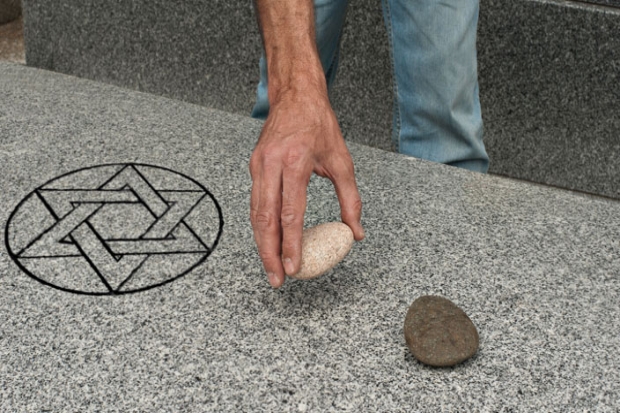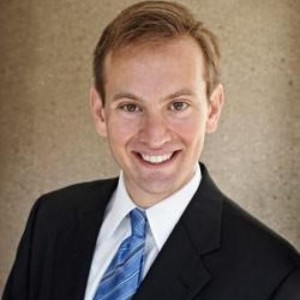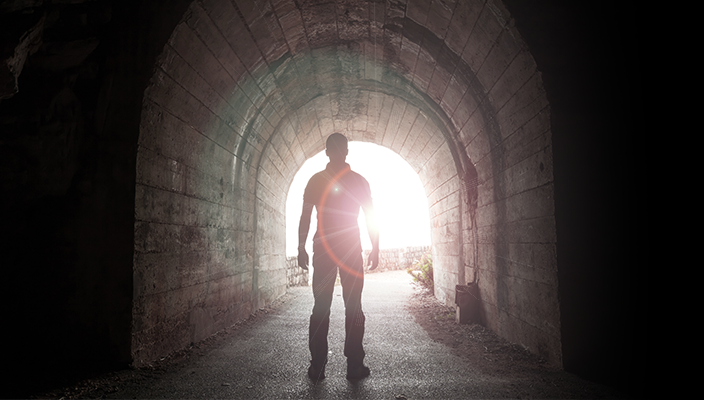
Faith begins in mystery. Among the greatest mysteries we face is the afterlife. What happens when we die? Do we see our loved ones? Do we know them? Do they know us? The questions are endless. Jewish wisdom offers no definitive answer. We can identify, however, several core teachings.
- There is an afterlife: Texts from every era in Jewish life identify a world where people go when they die. In the Bible it’s an underworld called Sheol. In the rabbinic tradition it’s known by a number of names, including the yeshiva shel mallah, the school on high. The Hebrew word for skies, shamayim, also came to refer to heaven.
- Heaven has open door policy: Heaven is not a gated community. The righteous of any people and any faith have a place in it. Our actions, not our specific beliefs, determine our fate. No concept of Hell exists in Judaism. The closest we get is the fate of apostate (a person who renounces God, faith and morality in this world), who is said to be “cut off from his kin.”
- The afterlife can take many forms: Professor A.J. Levine expresses this truth most eloquently: “Jewish beliefs in the afterlife are as diverse as Judaism itself, from the traditional view expecting the unity of flesh and spirit in a resurrected body, to the idea that we live on in our children and grandchildren, to a sense of heaven (perhaps with lox and bagels rather than harps and haloes).”
- The afterlife is here on earth: One strand of Jewish thought sees heaven as a transitory place where souls reside after death. They reside there until they reunite with their physical bodies at the time when the Messiah comes. This approach differs from reincarnation since the return to life happens only in the messianic era, not as a regular occurrence, as in Hinduism.
- We live on through others: The Reform Jewish prayerbook expresses this idea through the metaphor of a leaf and a tree. A leaf drops to the ground, but it nourishes the soil so more plants and trees spring up. The same is true in our lives. We nourish the future through the influence we have on those who follow us. It can happen in unimaginable ways.
From novelist Dara Horn:
My mother came from a very assimilated family, not very involved in the Jewish community. But they sent her to Hebrew school, and she was inspired by one of her Hebrew school teachers. He ended up becoming a professor at NYU and she did her doctorate with him.
It is because of this man that my mother taught me Hebrew. It is because of this man that I am as involved as I am in Judaism. He had a profound influence on me, even though I did not know him or have any biological connection to him.
Dara Horn is not alone. All of us manifest the lives and influence of those who came before us. The way we live now shapes the way we live on.
Related Articles
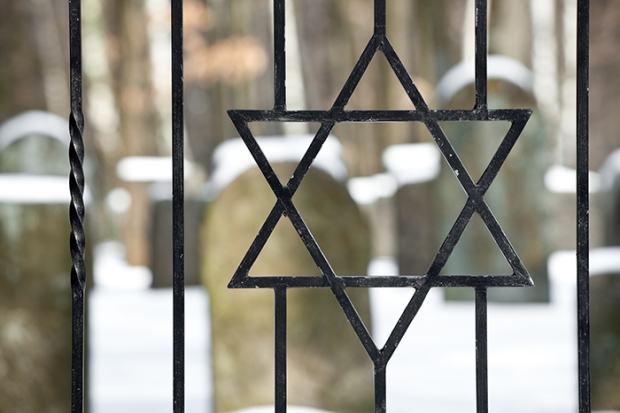
What to Expect at a Jewish Funeral
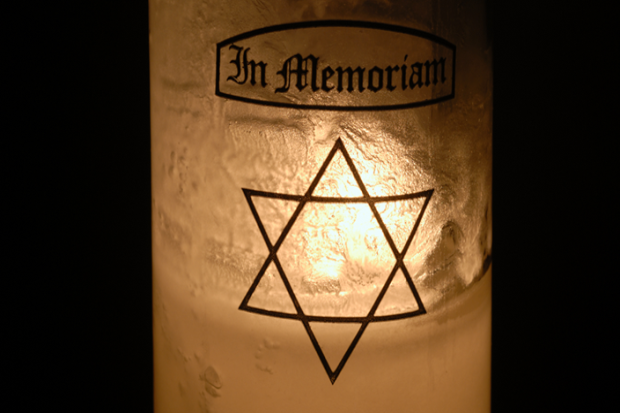
Everything You Need to Know About the Jewish Custom of Shiva
